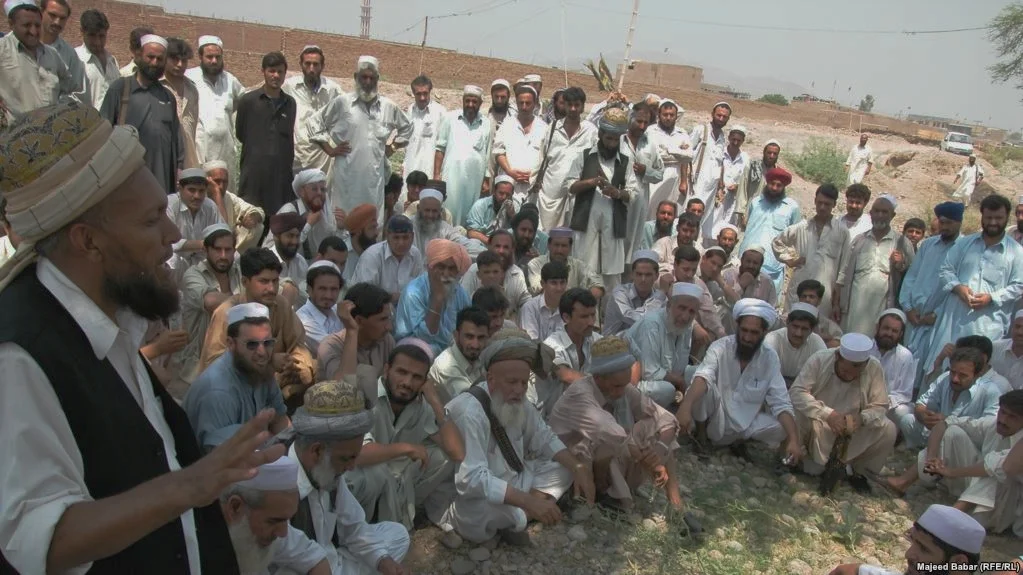In complex situations, a semiotic study can be used to organize and analyze the situation better than a simple narrative explanation. Highlighting causal conflict, competition, and cooperation mechanisms not apparent in aggregated stability operations are the objectives.
Cross Domain Concerns: Defeating a Hybrid State's Grand Strategy
Hybrid states emphasize direct and indirect approaches across land, air, sea, space, and cyber domains to achieve geopolitical objectives. The objectives of the hybrid state are unbounded and accelerated policy to deter and influence relevant actors.To develop resilience to both direct and indirect approaches to such strategies, targeted nations must understand the operational environment, its cross-domain effects, and the evolving character of war. It is imperative this comprehensive understanding of the operational environment encompasses planning considerations that include the adversary’s critical factors.
The Case for AF-PAK Federally Administered Tribal Areas
The present center of gravity in Afghanistan is the Taliban subsystem of the greater Pashtun social system enabled by Pakistani elites. The insurgency is effectively wielding power to meet their independence and removal of foreign occupation objectives. Re-analyzing the critical factors and engaging the critical vulnerability of ineffective governance forces nonlinear change. Ineffective governance by all relevant actors is mitigated by transforming Afghanistan into a federal system of government with semi-autonomous areas. This includes political accommodation, ethnic nationalism, financial incentive structures, and power sharing.




